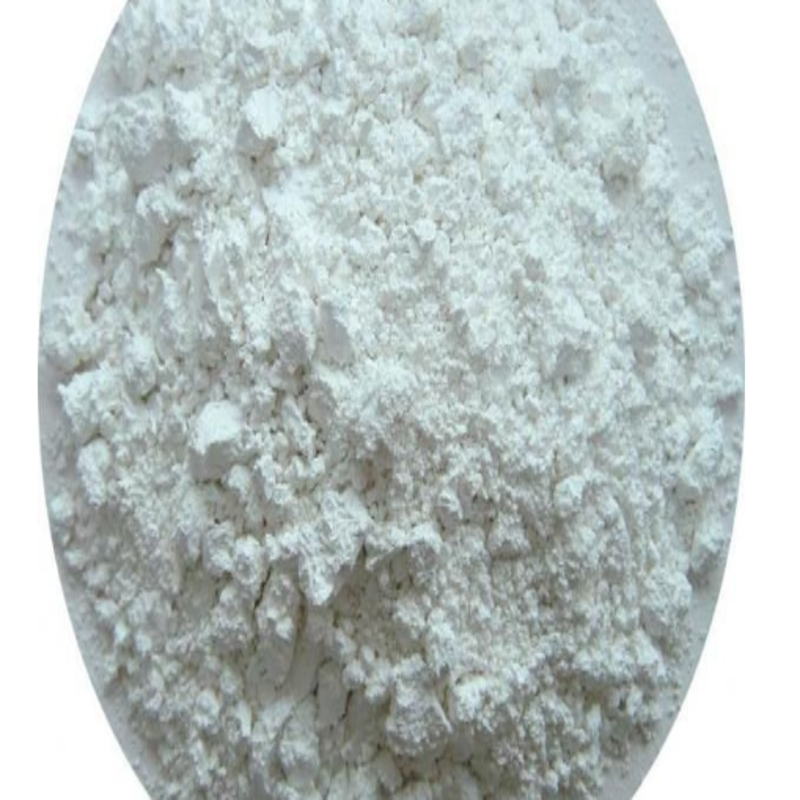-
Categories
-
Pharmaceutical Intermediates
-
Active Pharmaceutical Ingredients
-
Food Additives
- Industrial Coatings
- Agrochemicals
- Dyes and Pigments
- Surfactant
- Flavors and Fragrances
- Chemical Reagents
- Catalyst and Auxiliary
- Natural Products
- Inorganic Chemistry
-
Organic Chemistry
-
Biochemical Engineering
- Analytical Chemistry
-
Cosmetic Ingredient
- Water Treatment Chemical
-
Pharmaceutical Intermediates
Promotion
ECHEMI Mall
Wholesale
Weekly Price
Exhibition
News
-
Trade Service
September 4, 2014 / BIOON / - recently, researchers at the University of California, San Diego School of Medicine found and identified an enzyme that can control the metastasis of breast cancer The findings, published in the latest issue of the proceedings of the National Academy of Sciences, provide new evidence for the main causes of breast cancer deaths worldwide The American Cancer Society estimates that about 40000 women will die of breast cancer in the United States in 2014 "The key message of this study is that we have found a way to target breast cancer through an enzyme regulated pathway." Wu Xuefeng, the first author, said he is a postdoctoral researcher at the University of California, San Diego The enzyme, ubc13, is two to three times higher in breast cancer cells than in normal healthy cells Although the role of enzymes in regulating normal cell growth and healthy immune system function is well documented, this study is the first to find that enzymes are related to breast cancer metastasis Specifically, Wu and his colleagues found that enzymes regulate the ability of tumor cells to transmit signals, which stimulate cell growth and survival by regulating the activity of protein p38 A compound that inhibits p38 activity has been used to test treatment for rheumatoid arthritis, according to clinical researchers In their experiment, scientists used human breast cancer cell lines and lentiviruses to suppress the expression of ubc13 and p38 proteins These altered tumor cells were injected into the breast tissue of mice Although the primary tumor grew in mice, the cancer cells did not spread "Primary tumors are not usually fatal," Wu said "The real risk is that cancer cells have successfully left the original focus, escaped through blood vessels and invaded new organs Maybe only a few cancer cells get away with it, but they are invasive The results of this study and clinical may prevent these cancer cells and save lives The researchers also defined a transfer gene signal that can be used to evaluate the clinical effect of targeted metastasis pathway cancer therapy doi:10.1073/pnas.1414358111 PMC: PMID:
Ubiquitin-conjugating enzyme Ubc13 controls breast cancer metastasis through a TAK1-p38 MAP kinase cascade xue feng Wu et al Researchers at the University of California, San Diego School of Medicine have identified an enzyme that controls the spread of breast cancer The findings, reported in the current issue of PNAS, offer hope for the leading cause of breast cancer mortality worldwide An estimated 40,000 women in America will die of breast cancer in 2014, according to the American Cancer Society.The enzyme, called UBC13, was found to be present in breast cancer cells at two to three times the levels of normal healthy cells Although the enzyme's role in regulating normal cell growth and healthy immune system function is well-documented, the study is among the first to show a link to the spread of breast cancer.







